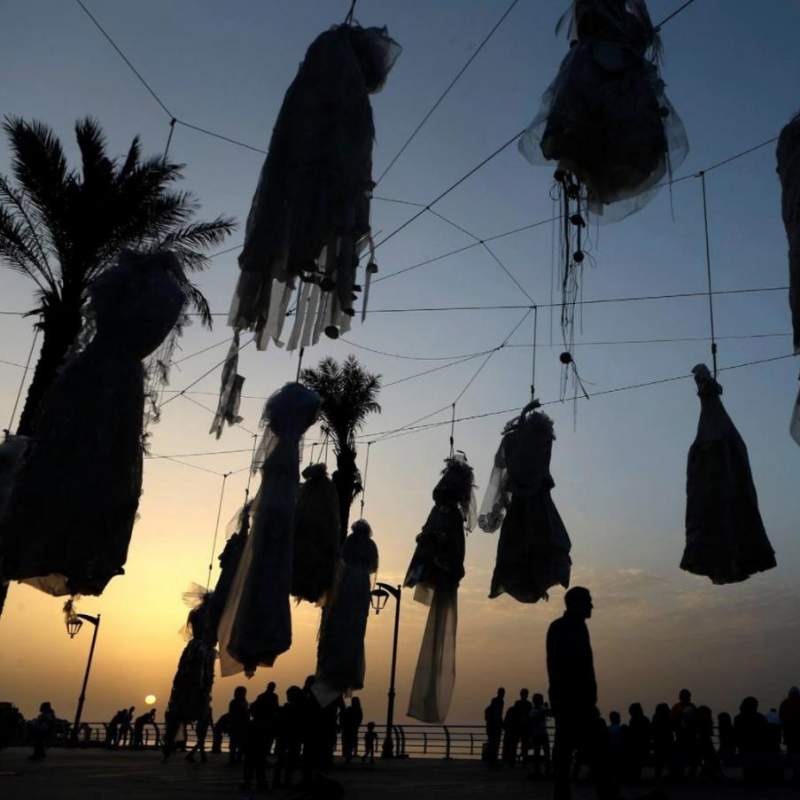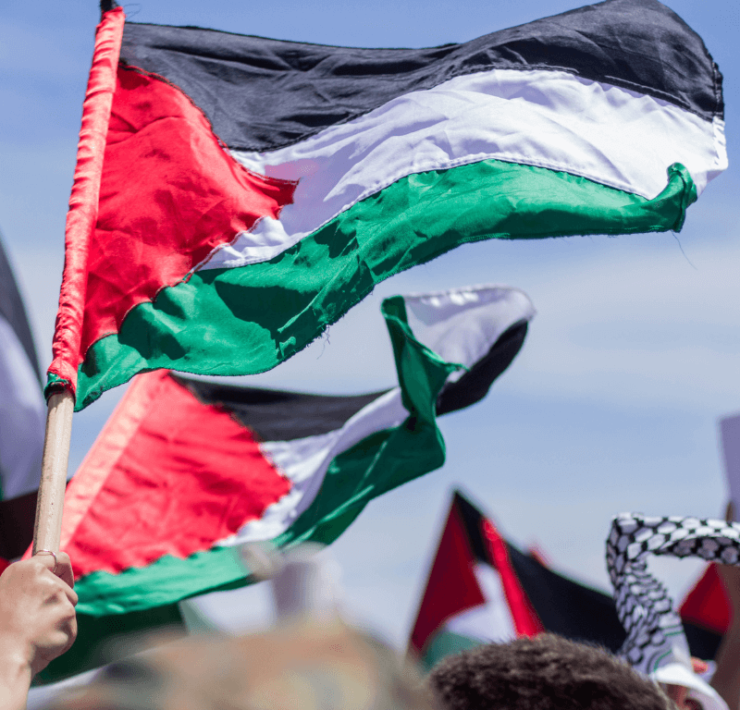An eerie sight met the eyes of those walking along Beirut’s picturesque corniche last week. 31 wedding dresses billowed in the breeze, hung from trees on the seafront by activists protesting a controversial loophole in the country’s law on rape. The wedding dresses represent the latest in a string of protests in Lebanon and the wider region to repeal such laws, which are largely seen as archaic hangovers from the influences of Sharia on legislation in the Middle East.
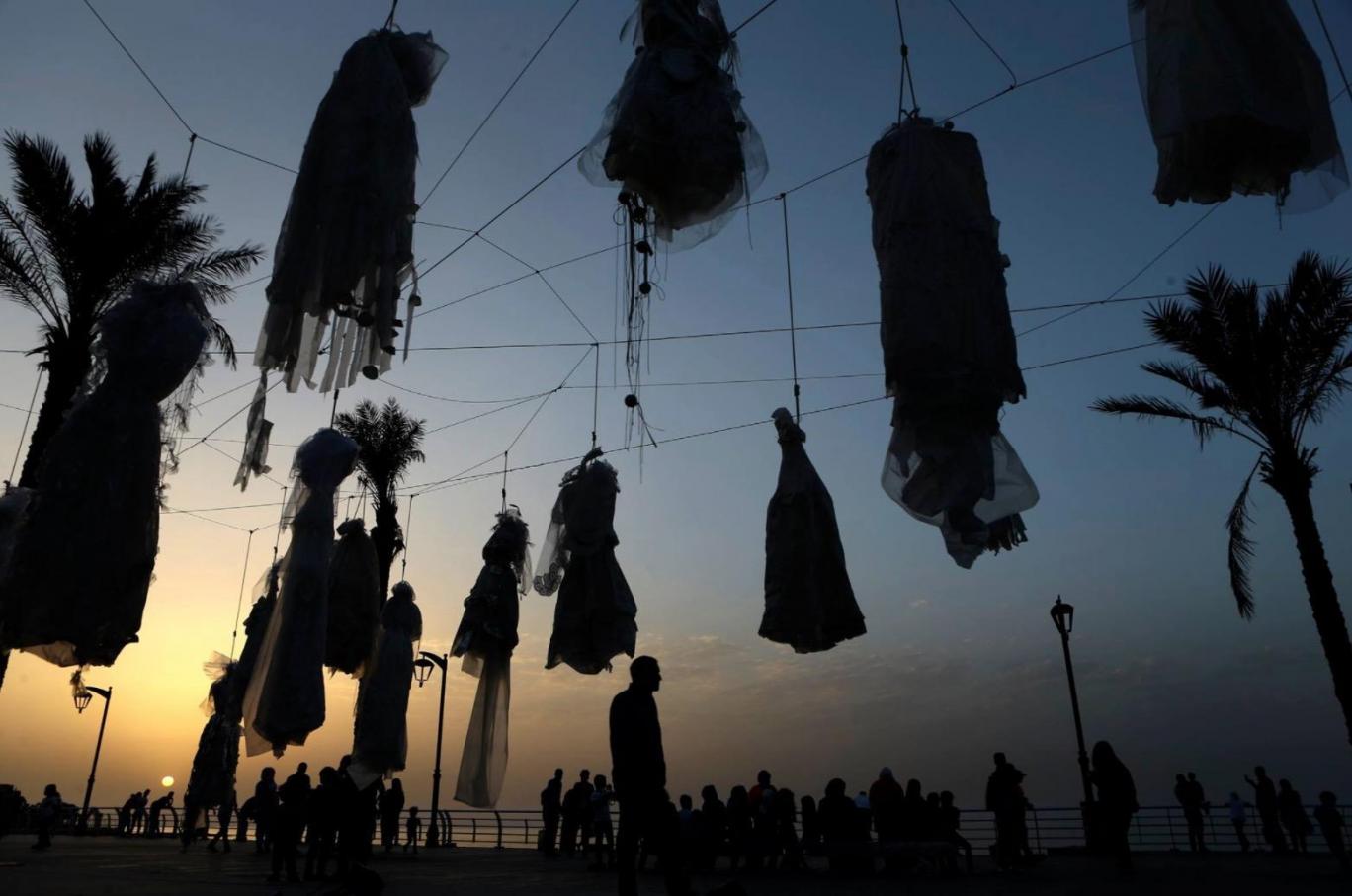 The exhibition, which was originally on display in Paris, was the work of Lebanese artist Mireille Honein (image: The Independent)
The exhibition, which was originally on display in Paris, was the work of Lebanese artist Mireille Honein (image: The Independent)
Under current laws, rape is punishable in Lebanon by up to seven years in prison, however a loophole in Article 522 of the law states that the perpetrator can be spared criminal prosecution if he marries his victim. Defenders of the laws argue that they are in place to protect women and particularly young girls from the shame associated with extra-marital sex.
Activists hope that Article 522 will be abolished in an upcoming vote on 15th May after a parliamentary committee voted to scrap it in February. Similar changes are pending in Jordan, where Article 308 of the country’s penal code previously stated that perpetrators of rape could avoid prison time if they married their victims and remained married for five years. Last year, this law was amended to apply only to victims aged 15-18 and if the assault was deemed “consensual”. However, after a huge public backlash the country’s Royal Committee recommended abandoning the law completely.
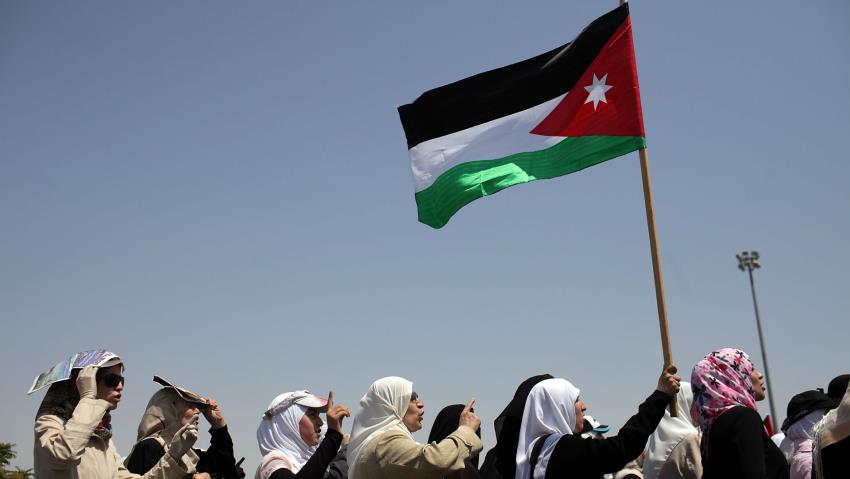 Women in Jordan protest against a similar loophole in the Hashemite Kingdom (image: The New Arab)
Women in Jordan protest against a similar loophole in the Hashemite Kingdom (image: The New Arab)
Likewise, laws have been abolished in recent years in other regional countries including Egypt and Morocco. The Moroccan parliament voted unanimously to abolish Article 475 of the penal code in 2014, after a high profile case brought the issue into the spotlight. Amina Al-Filali was sixteen years old when she was forced by her parents and a judge to marry a 23-year old man who had raped her in order to protect her family’s honour. In March 2012, seven months into her marriage, she committed suicide, sparking outrage among Moroccans and putting pressure on the government to repeal the legislation that pushed her to take her own life.
The wedding dresses hanging on Beirut’s corniche echo a previous protest that took place in December 2016, when women dressed in wedding dresses stained with blood and with their eyes, hands and knees bandaged congregated in front of Beirut’s parliament building. The protest was organised by Abaad, a Lebanese NGO working to achieve gender equality in the Middle East, and represented a poignant, if haunting example of women using creativity to stand up for their rights.
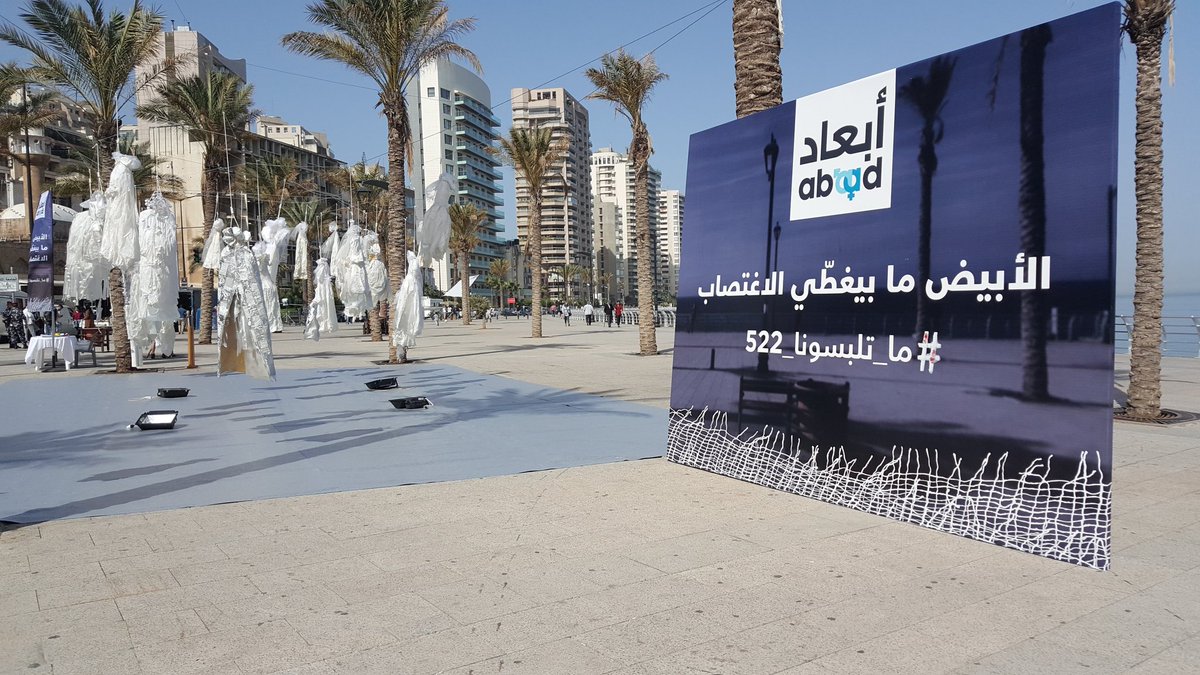
Shedding light on the issue of forced marriage, particularly of children, comes at a crucially important time in the region. The conflict in Syria and the mass displacement of people has led to an increase in the instances of child marriage, as parents who are unable to provide for their children see marriage as a means of protecting their daughters – some as young as twelve – from the uncertainty of life in refugee camps. A study carried out in 2015 by the Lebanese Université Saint-Joseph showed that 23% of Syrian women in Lebanon at the time were married before the age of 18.
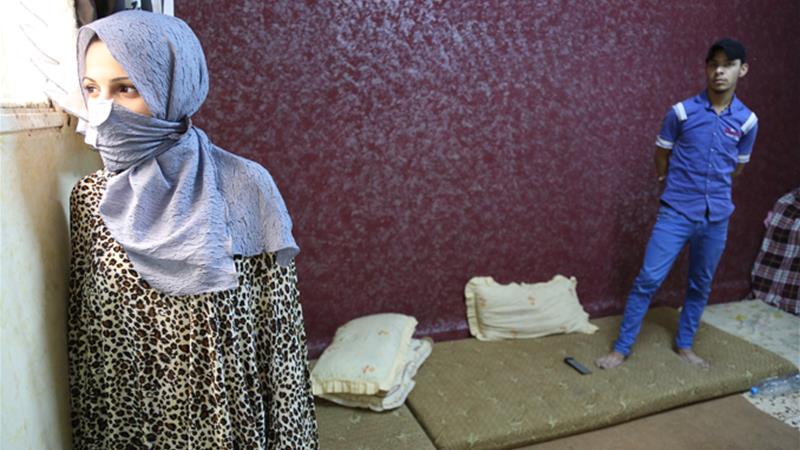 A quarter of Syrian refugee marriages registered in Jordan involve a girl under the age of 18 (image: Al Jazeera)
A quarter of Syrian refugee marriages registered in Jordan involve a girl under the age of 18 (image: Al Jazeera)
The fate of Lebanon’s Article 522 will be decided later this month. Regardless of the outcome in parliament, however, the protest last week in Beirut represents a wider, unstoppable movement that is standing up to notions of honour and shame and targeting the very foundations of patriarchy across North Africa and the Middle East. But while this movement has proven itself willing and able to stand up to traditional authoritative forces in society, whether it will be able to stand up to the forces of conflict and violence that are tearing through the region remains to be seen.

